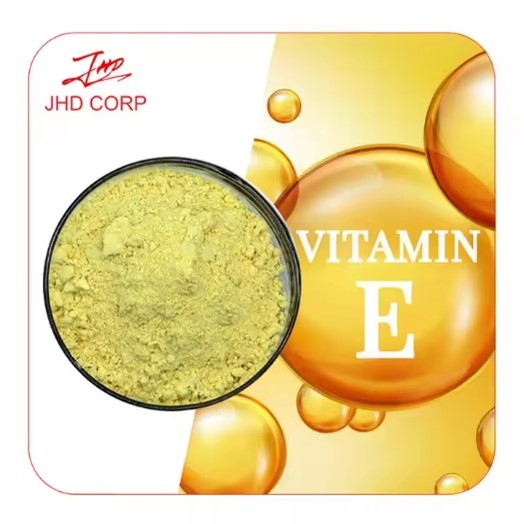Welcome to JHD Nutrasource!
Shop
Tocotrienol
Tocotrienols are members of the vitamin E family, known for their excellent antioxidant properties. Unlike tocopherols, tocotrienols have an unsaturated isoprenoid side chain, which allows them to penetrate efficiently into tissues with saturated fatty layers, such as the brain and liver.
Description
Function
- Antioxidant Activity: Tocotrienols are potent antioxidants that prevent lipid peroxidation and protect cells from oxidative damage. They are believed to be more effective than α-tocopherol in many pathophysiological conditions.
- Anti-Cancer Effects: Tocotrienols have been shown to suppress cancer cell proliferation, induce apoptosis, inhibit angiogenesis, and enhance immunity. γ- and δ-tocotrienols exhibit particularly strong anticancer activity.
- Cardiovascular Protection: Tocotrienols help reduce cholesterol levels by inhibiting HMG-CoA reductase, an enzyme involved in cholesterol synthesis. They also protect against inflammation and oxidative stress, reducing the risk of cardiovascular diseases.
- Neuroprotection: Tocotrienols protect neurons from oxidative stress and may help prevent neurodegenerative diseases like Alzheimer’s.
- Skin Health: Tocotrienols protect the skin from UV-induced damage and aging by scavenging free radicals and promoting skin repair.
Application
- Pharmaceuticals: Tocotrienols are used in the treatment and prevention of cancer, cardiovascular diseases, neurodegenerative disorders, and other chronic diseases.
- Nutritional Supplements: They are added to dietary supplements to provide essential vitamin E and support overall health.
- Cosmetics: Tocotrienols are used in sunscreens and body lotions to protect the skin from UV radiation and promote skin health.
- Food Industry: Tocotrienols can be added to fortified foods to enhance their nutritional value.

